Learn how easy the muffin method is, and you’ll be set for baking homemade muffins, quick breads, and more!
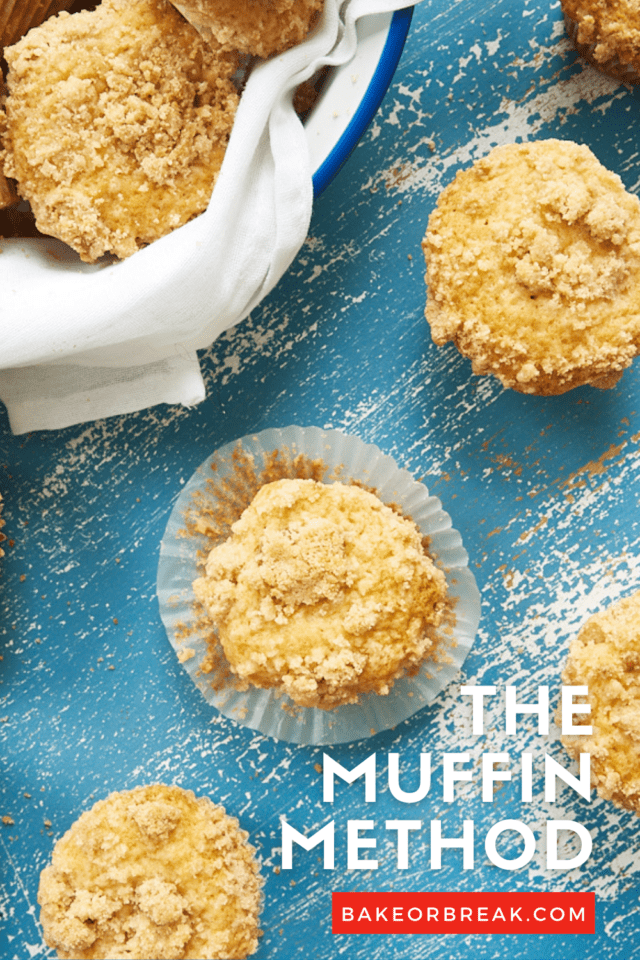
In the discussion of many of the muffin recipes here on BoB, I reference using the muffin method for mixing the batter. Many of you are probably familiar with the idea, but let’s talk about it a little more in depth to figure out just how to do it and why it’s important. And I’ll sprinkle in some great muffins along the way (like those Vanilla Crumb Muffins above) for a little “muffinspiration.”
What is the Muffin Method?
The muffin mixing method is used for (you guessed it!) making muffins, but you’ll also find it used in other recipes for baked goods with a lot of liquid and not much fat. And that fat is in liquid form, like oil or melted butter. You’ll probably recognize this method in many recipes for quick breads, pancakes, corn bread, and more. There’s generally less sugar in a muffin versus a cake, so that requires a different way of mixing.
As opposed to the muffin method, the creaming method beats a solid fat like softened butter with sugar until creamy and thoroughly mixed before the dry ingredients are added. This is usually the way we mix cakes and cookies. The muffin method generally yields a coarser crumb, which is the type of texture we usually want in a muffin, quick bread, or even corn bread. Some muffins are made with the creaming method (like Coconut Cream Cheese Oat Muffins), but they will have more of a cake-like texture.
There are just three simple steps for the muffin method. You’ll need a couple of mixing bowls, a whisk, and a big spoon for mixing. Grab your ingredients, and you’re ready to go!
The Muffin Method of Mixing
1. Mix the dry ingredients and sugar. Whisk them well to make sure each ingredient is well distributed. Make a well in the center.
2. Mix wet ingredients in a separate bowl. This will be the liquid fat, milk, eggs, extracts, etc.
3. Pour the wet ingredients into the well and stir. Only stir (or fold) just until the dry ingredients are moistened. You want to stir as little as possible to keep your muffins from becoming tough. You don’t want a completely smooth batter. Just make sure there are no big portions of dry ingredients that aren’t incorporated. A few streaks or lumps are perfectly fine. They’ll usually take care of themselves as the muffins bake.
And that’s it! From there, you’re ready to transfer the batter to the pan and bake.
Tips and Tricks
I will offer a couple of notes about these steps. I almost always include the sugar with the dry ingredients. You may think that’s not worth mentioning, but it’s one of those not so obvious things about baking that sugar is generally considered a wet ingredient because it generally dissolves quickly. Other descriptions of muffin methods keep the sugar with the wet ingredients. Both ways are technically correct, but my preference is to include the sugar in the first step.
And I’ll add a quick note about mixing. If you’re stirring in fruit, chocolate chips, nuts, or some other add-in, I recommend adding those when there are still some visible streaks of flour. Those will get mixed as you incorporate the add-ins into the batter. The minimal mixing means less gluten is formed, creating a softer, more tender crumb. Remember that some lumps in your batter are just fine!
Now that you’re up to speed on how the muffin method works, why not put it to good use in a recipe? The muffins featured throughout this page all use the muffin method of mixing. In fact, most of the muffins in BoB’s Recipe Index are made this way, but don’t forget its use outside of muffins, too!
More Recipes Using the Muffin Method
- Quick and Easy Blueberry Muffins
- Sour Cream Corn Bread
- Chocolate Chocolate Chip Muffins
- Cinnamon Swirl Bread
Happy baking!

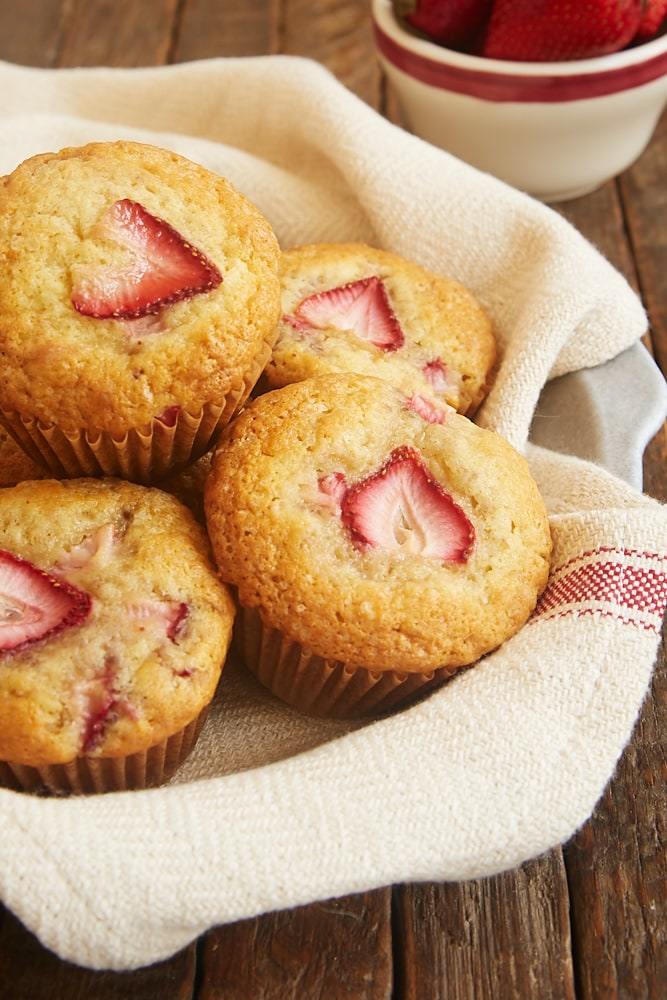
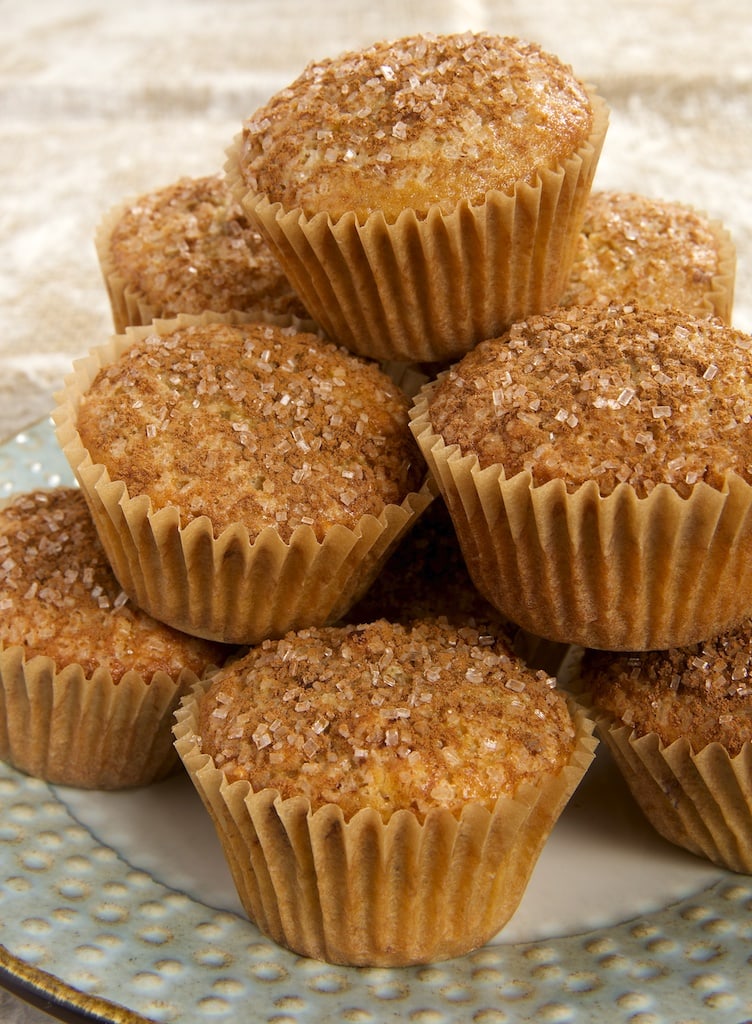
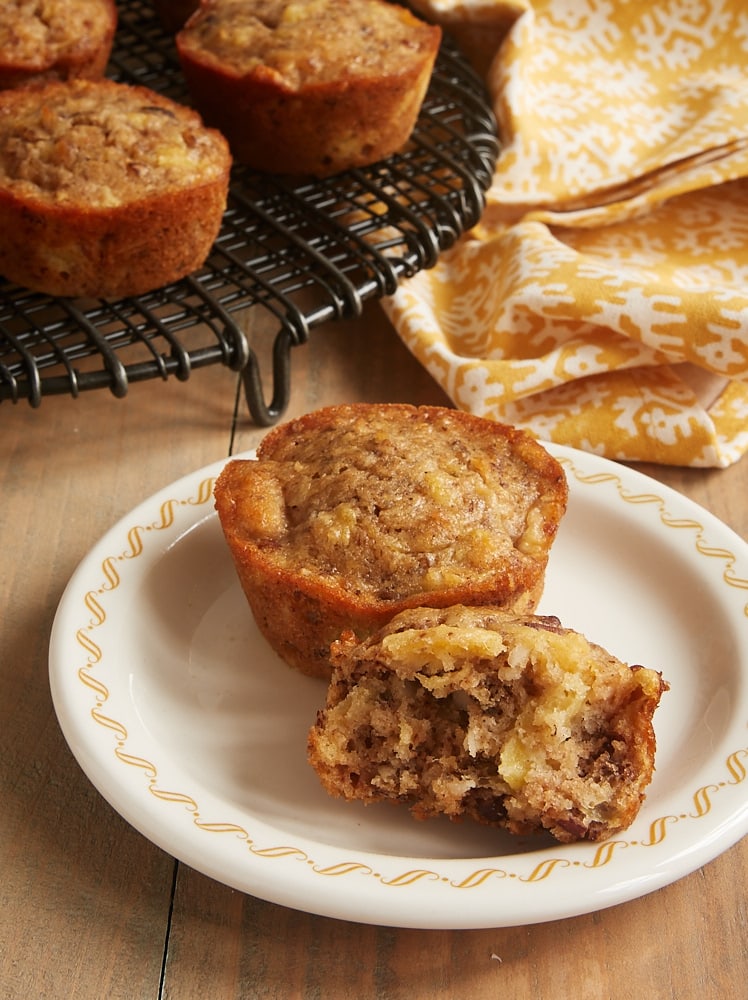
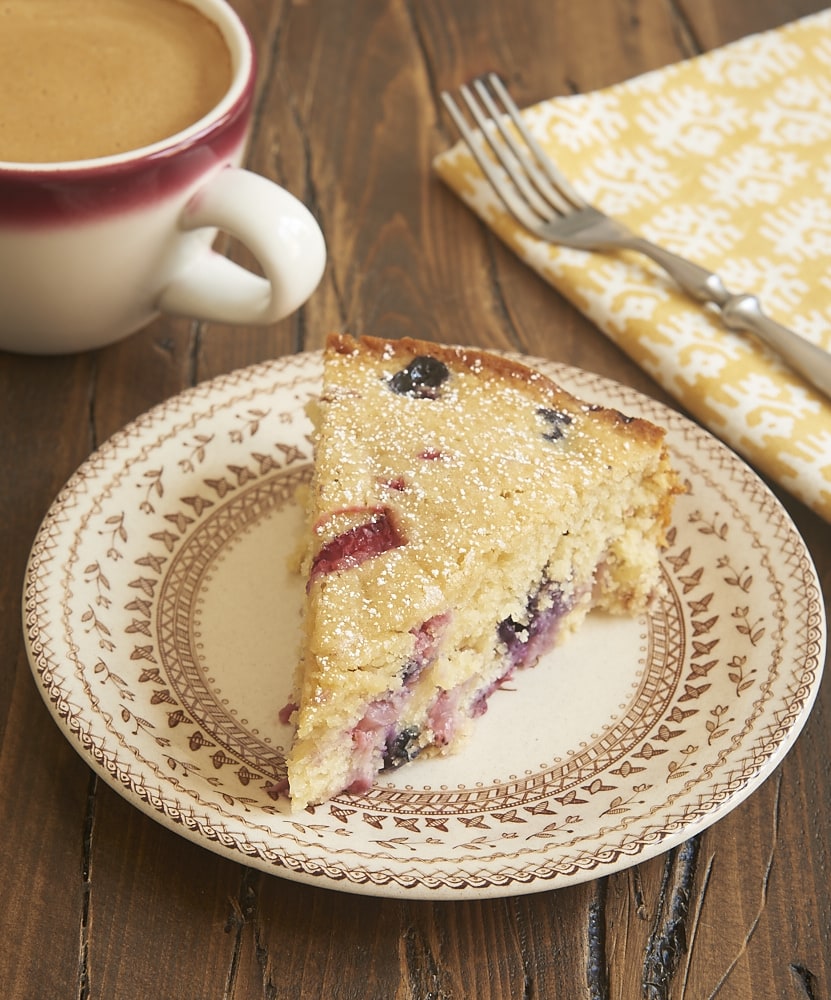
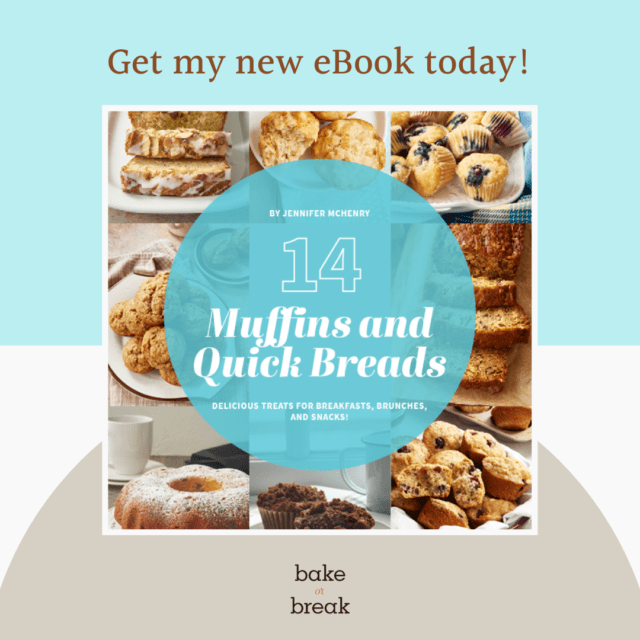
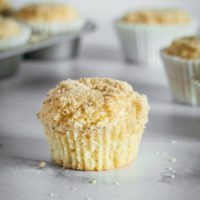
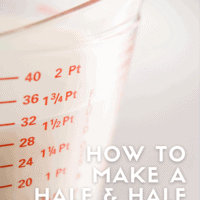
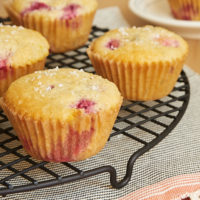
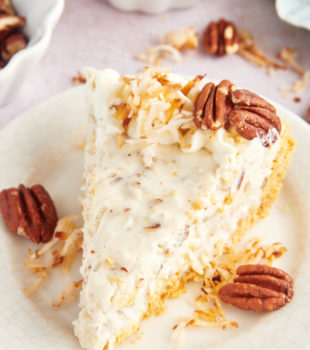
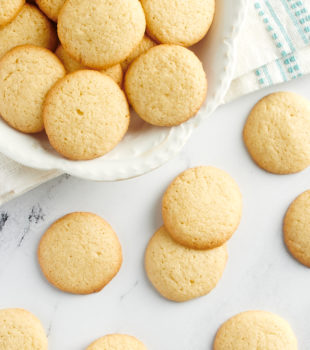
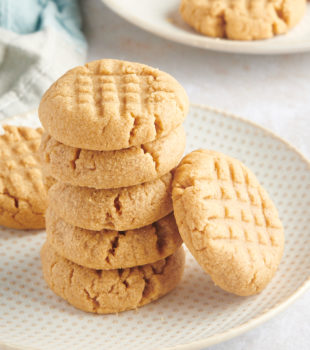
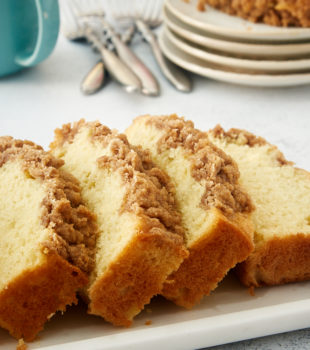
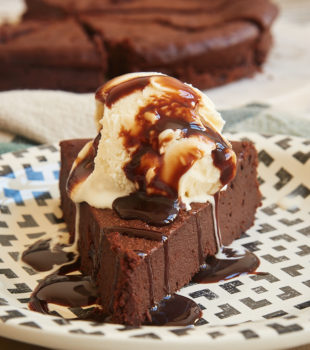
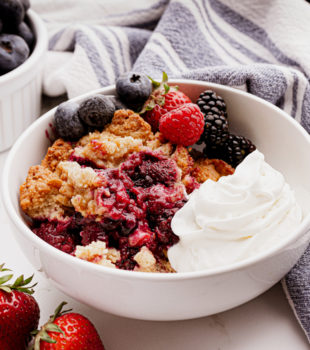
2 Comments on “The Muffin Method”
I bake pretty much as you do yet I still learned a thing or two today. Thank you! Carol Ann
I’m glad to hear it, Carol Ann! I still learn more about baking all the time!